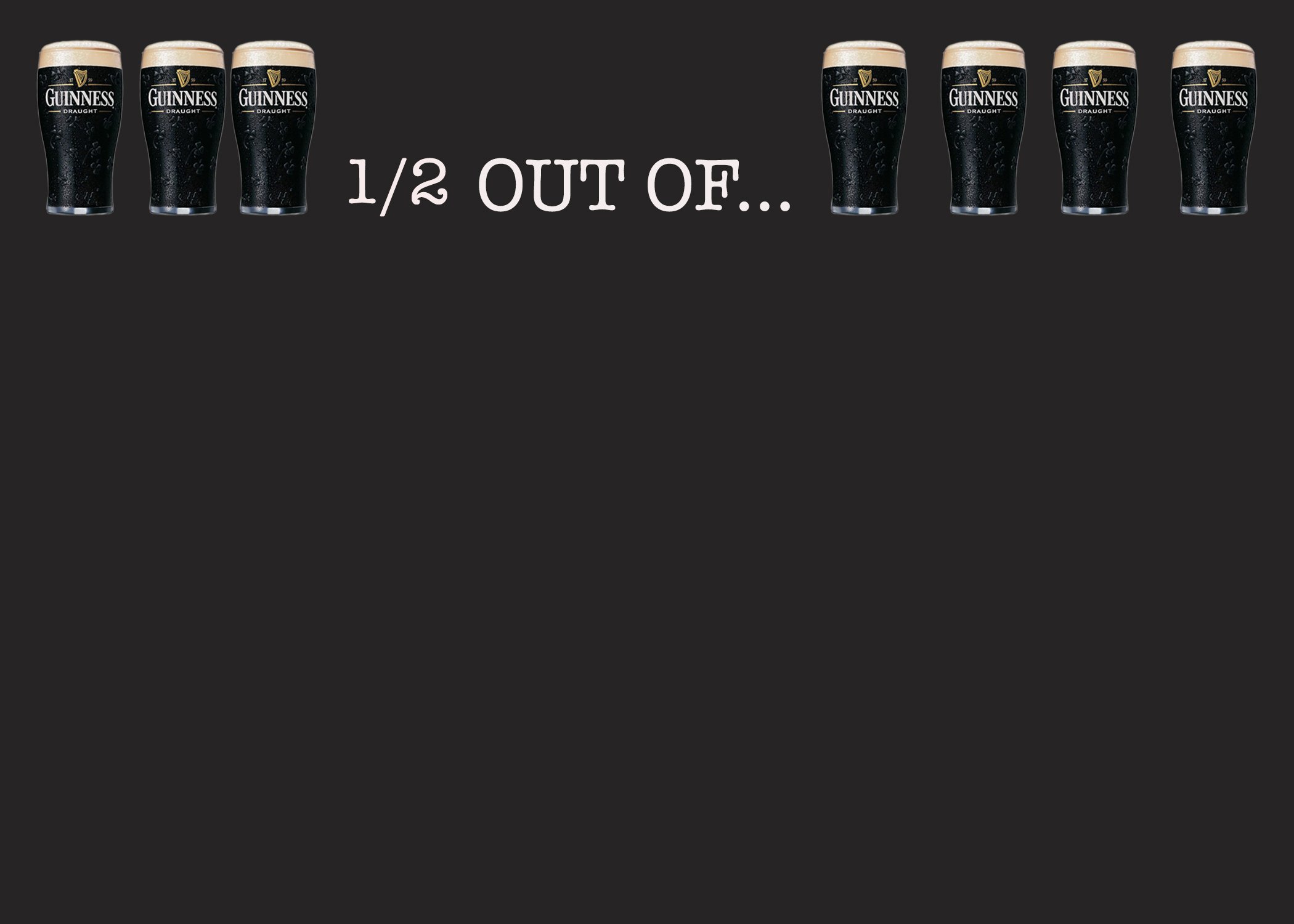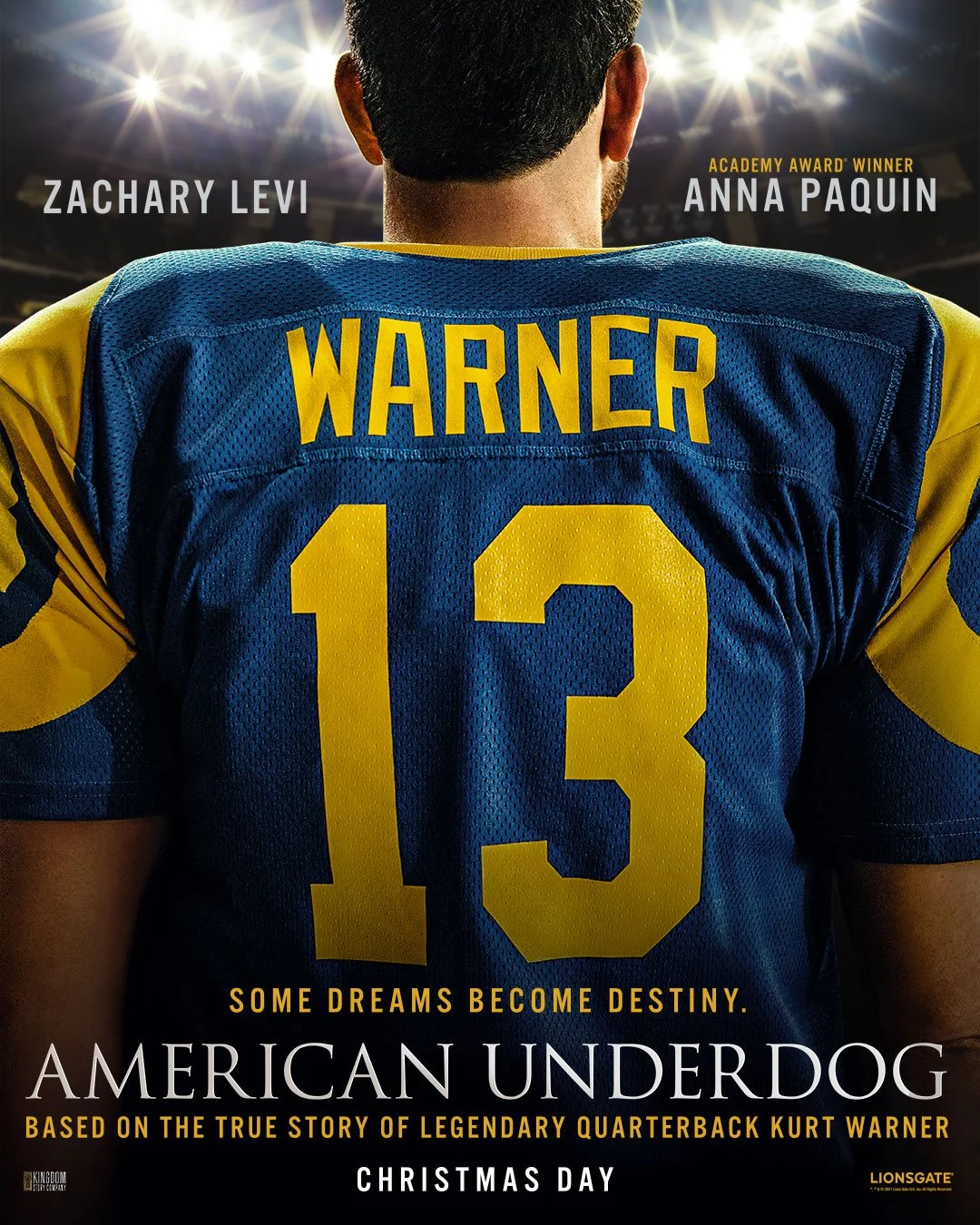'The Tragedy of Macbeth'-why this non Shakespeare aficionado enjoyed it
My knowledge of Shakespeare is limited. When watching The Tragedy of Macbeth, the words I must decipher required a pre-Wikipedia search. Thank God I did that, or I wouldn't have a clue what anyone is talking about in the film. Joel Cohen is unapologetically adapting Shakespeare for those that love his work. Cohen's dedication to Shakespeare's craft is magnificently molded with thundering sound design and haunting cinematography. Although uneducated in Shakespeare's style, my respect for Joel Cohen's passion for the play has sparked my interest in translating the legendary writer's language.
The setting is 1606. Macbeth is victorious after a long, bloody battle. Upon his return, Macbeth is met by three evil Witches. They inform Macbeth that he shall seize the throne of Scotland. Macbeth's lust for power is encouraged by his wife, who wants him to take control by slaying King Duncan in his sleep. Lady Macbeth's deed is done, yet Macbeth's claim to the Scottish throne is short-lived as his greed makes him go mad, leaving behind a trail of blood that leads his way.
The adaptation of the play is contemporary. The casting of a black man in the titular role is intentionally opposite to the source material yet faithful in Denzel Washington's performance. A strong choice is made in Denzel. The man knows how to play deeply flawed abusive figures. Yet he can play decent man at the same time. You can get Training Day Denzel or Malcolm X Denzel. Macbeth is a bit of both.
Denzel Washington does a fine job escalating Macbeth's nobility and anger. There's a raging fire underneath Denzel's words that transform into full-blown fury toward the end of the film. Lady Macbeth is not as strong a performance played by Francis McDormand, who comes across as more foolish than manipulative. The most impressive feat of acting comes from Kathryn Hunter as the Evil Witches, who's closer to an R-rated Gollum than a conventional witch. How Ms. Hunter contorts her joints (real or not) and utilizes a raspy voice is a magnificent petrifying site to see.
To complement the authenticity of the performances, Joel Cohen sets each scene like a play. The frame is limited to a 4:3 ratio alluding to the appearance of a stage. With the stage set cinematographer, Bruno Delbonnel frames his camera. The movie looks like a Sin City version of Shakespeare's classic play.
Macbeth lives in a nightmare. Delbonnel's harsh lighting through windows and fogs of battle resemble Macbeth's paranoid state. When paranoia erupts into mania, the sound design kicks into full gear. The knocking of the castle door plays on repetition throughout the film. Each door pound syncs up to every footstep and blood drop on the floor. The door is a motif for all the bodies Macbeth leaves behind in his quest for power.
Shakespeare is meant to be performed by anyone. Mixing American actors with English ones all speaking in their natural dialect is a wise choice since audiences won't get distracted with phony accents. Joel Cohen's interpretation of The Tragedy of Macbeth celebrates William Shakespeare's work with a visually alluring rise and fall story worth checking out on the screen big or small. As long as it’s a proper home theater setting, no matter what your budget may be on. Minus smartphones.
Joel Cohen is making a love letter to Shakespeare that's beautifully told but requires patience from its audience. Each scene is set up to be performative. Elongated periods of monologging in Old English will leave the standard movie-goer scratching their heads as it did me. The Tragedy of Macbeth is meant to appeal to Shakespeare fans exclusively. Why fault it for loving what it is? When or if I ever have the time, I'd love to revisit this film with a newfound knowledge of William Shakespeare's tongue.
The Tragedy of Macbeth will be in Theaters December 25 and Apple TV+ January 14



